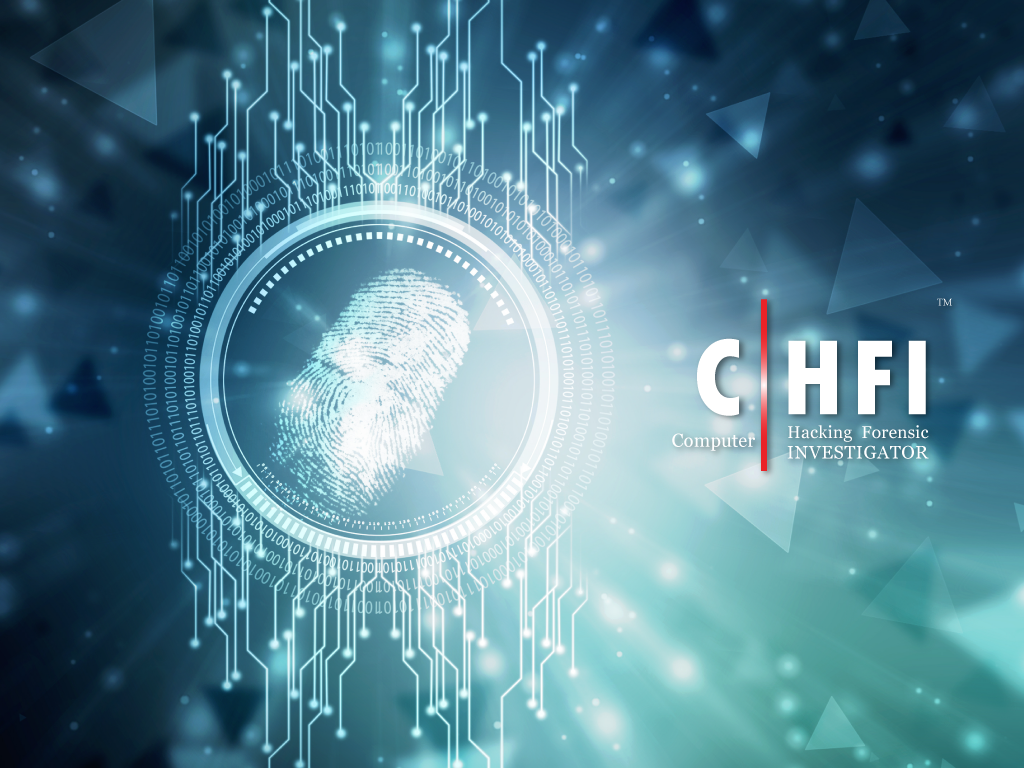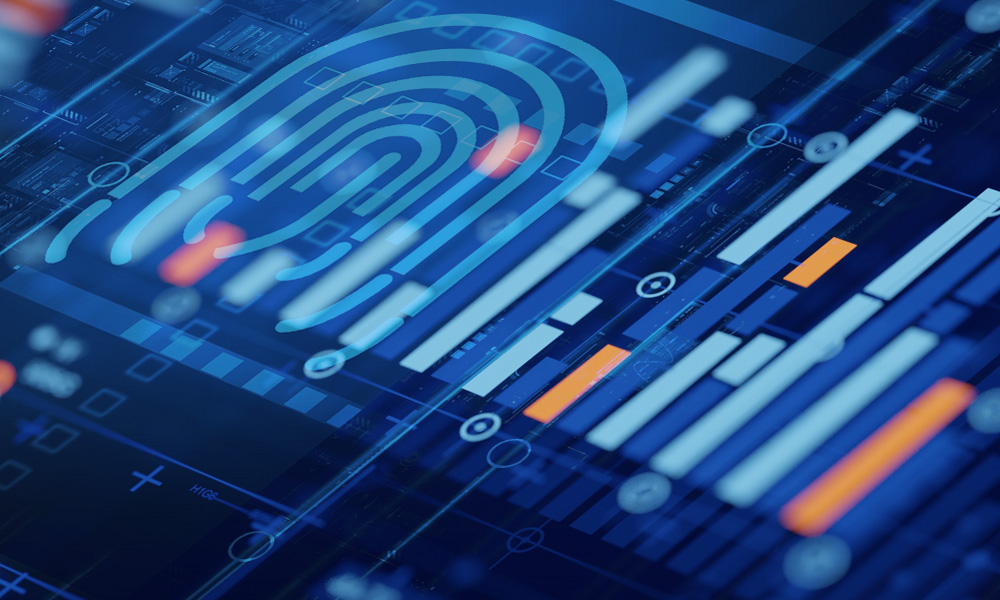In the ever-evolving landscape of cybersecurity, organizations face not just the challenge of preventing cyberattacks, but also the crucial responsibility of responding effectively when breaches occur. As cyber threats grow more sophisticated, the demand for skilled professionals who can investigate, analyze, and report cybercrimes has soared. This is where the CHFI certification—Computer Hacking Forensic Investigator—by EC-Council becomes indispensable.
Designed for security professionals, law enforcement, IT administrators, and legal experts, CHFI equips learners with advanced knowledge of digital forensics. It trains individuals to identify cyber intrusions, collect and preserve evidence, conduct in-depth investigations, and support legal proceedings. In short, CHFI is not just a credential—it’s a gateway to mastering the art of cyber forensics.
What Is the CHFI Certification?
The CHFI certification is one of EC-Council’s most prestigious programs, developed to train professionals in digital forensics and incident response. It prepares individuals to uncover digital footprints left by hackers, recover deleted files, analyze logs, and understand cybercrime tactics, techniques, and procedures (TTPs).
As cybercrime continues to infiltrate every industry—finance, healthcare, government, and e-commerce—the ability to investigate and respond effectively to digital incidents is essential. CHFI bridges the gap between technical investigation and legal evidence handling, making it ideal for roles involving law enforcement, internal investigations, or compliance audits.
Why CHFI Matters in Today’s Cybersecurity Landscape
Cyberattacks are no longer rare. From ransomware to insider threats, organizations face daily battles to protect digital assets. However, when breaches do happen, having trained professionals who can track, trace, and investigate these events is essential.
Here’s why the CHFI certification is increasingly valuable:
- Surging cybercrime rates: Global cybercrime costs are expected to reach $10.5 trillion annually by 2025, according to Cybersecurity Ventures.
- Demand for forensic skills: Businesses and governments require experts who can legally collect and analyze evidence following an incident.
- Legal compliance: Regulatory bodies (like GDPR, HIPAA, PCI-DSS) require detailed logs and investigation records for post-incident reporting.
- Litigation readiness: Digital forensics is essential in supporting court proceedings with admissible evidence.
The CHFI certification aligns perfectly with these needs, empowering professionals to meet the rising demand for cyber investigation expertise.
Core Skills You’ll Gain with CHFI Certification
The CHFI curriculum is carefully designed to provide deep, hands-on training in all areas of digital forensics. Upon completion, certified individuals are equipped to:
- Recover and analyze deleted files, partitions, and emails
- Investigate digital evidence across operating systems (Windows, macOS, Linux)
- Understand encryption, hashing, and anti-forensic techniques
- Examine mobile devices, cloud platforms, and IoT systems
- Generate legally admissible forensic reports
- Navigate incident response frameworks and legal compliance mandates
CHFI doesn’t stop at technical tools—it teaches professionals how to handle evidence properly, maintain chain of custody, and ensure investigations can withstand legal scrutiny.
Who Should Take the CHFI Certification?
The CHFI program is ideal for:
- Law Enforcement Personnel
- Military and Defense Agencies
- Cybersecurity Analysts and Incident Responders
- System and Network Administrators
- Legal Professionals and Auditors
- IT Managers and Consultants
Whether you’re investigating fraud in a Fortune 500 company or responding to a cyberattack in a public agency, CHFI gives you the expertise to act decisively and legally.
Why Choose EC-Council for CHFI?
1. Global Authority in Cybersecurity Training
EC-Council is the world’s leading provider of technical cybersecurity certifications. Best known for the Certified Ethical Hacker (CEH) and Certified Network Defender (CND) programs, EC-Council has trained and certified over 300,000 professionals in 145+ countries.
Its curriculum is developed by a global team of subject matter experts and is aligned with government, industry, and academic frameworks—including NIST, NICE, ISO/IEC 27001, and DoD 8570/8140.
2. Hands-On Learning via iLabs
The CHFI certification includes access to iLabs, EC-Council’s cloud-based virtual lab environment. Here, learners can simulate real-world forensic investigations:
- Conduct disk imaging and analysis
- Recover evidence using tools like FTK, Autopsy, and EnCase
- Analyze network traffic and detect intrusions
- Perform memory forensics and registry audits
This hands-on approach ensures learners graduate with not just theoretical knowledge, but practical expertise in forensic tools and techniques.
3. Certification with Global Recognition
The CHFI is recognized and endorsed by top employers, government agencies, and cybersecurity councils. It’s a trusted credential that can boost your career whether you’re applying to a law enforcement agency, joining a cybersecurity consultancy, or pursuing legal roles in cybercrime litigation.
CHFI and Career Opportunities
A CHFI certification opens doors to lucrative and meaningful roles in the cybersecurity ecosystem. Some of the career paths include:
- Digital Forensics Analyst
- Cybercrime Investigator
- Incident Response Specialist
- Information Security Analyst
- Forensic Consultant
- Malware Analyst
With organizations investing heavily in post-breach analysis, demand for forensics professionals is growing. Salaries typically range from $90,000 to $150,000 annually, depending on experience and industry.
CHFI in Action: A Real-World Use Case
Imagine a healthcare company falls victim to a ransomware attack that encrypts patient data. The IT team can’t identify how the attack occurred. A CHFI-certified investigator is called in.
Using forensic tools, they:
- Recover compromised logs and trace the intrusion vector
- Determine the type of malware and its origin
- Identify affected systems and endpoints
- Create a comprehensive, court-admissible incident report
- Assist in legal proceedings and insurance claims
Without CHFI-level skills, such forensic investigation would be nearly impossible.
Enroll in CHFI Certification Today
The CHFI certification is more than just a cybersecurity badge—it’s a professional transformation. With cyber threats becoming more aggressive and complex, digital forensics is now a cornerstone of cyber defense.
EC-Council’s training ensures you don’t just learn theory—you become capable of applying your skills in high-pressure, real-world investigations. If you’re ready to be the one organizations turn to after a breach, CHFI is your path forward.





